We use cookies on this site to enhance your experience.
By selecting “Accept” and continuing to use this website, you consent to the use of cookies.
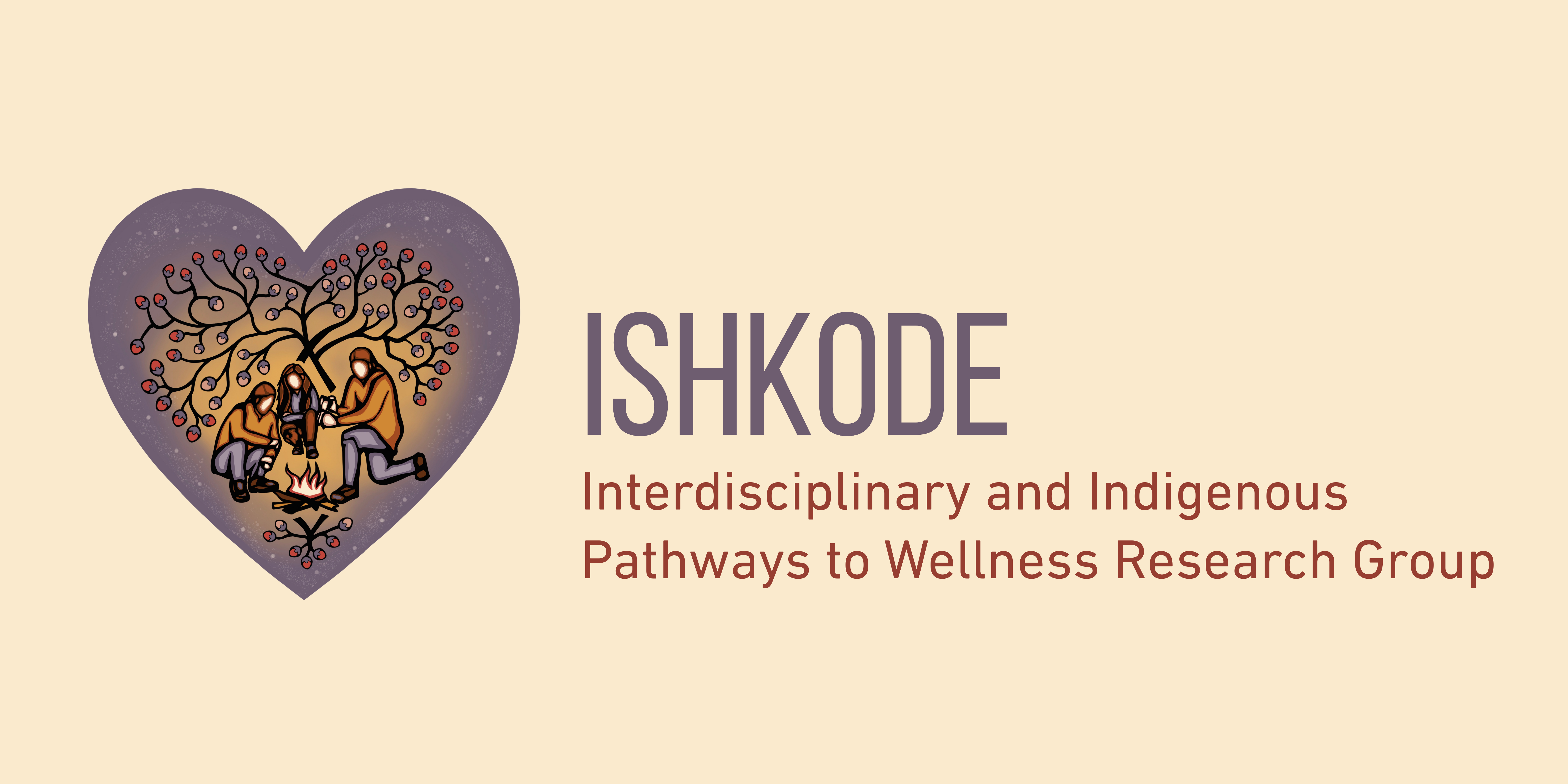
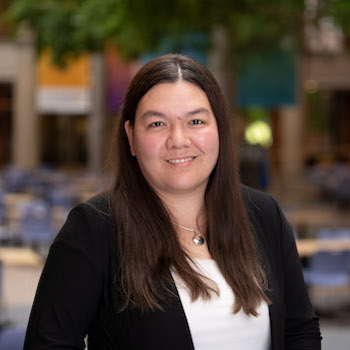
Dr. Melody Morton Ninomiya is a researcher, educator, and mediator with experience in Indigenous health and wellness, critical public health, mental health and addictions, community-based and decolonizing research methods and methodologies, and knowledge translation.
Prior to starting at Laurier, Dr. Morton Ninomiya held a CIHR postdoctoral fellowship at Well Living House, St. Michael’s Hospital, and postdoctoral position at the Centre for Addiction and Mental Health (CAMH). Since 2018, she has been a project scientist at CAMH on projects with First Nation communities in Ontario and Labrador. Dr. Morton Ninomiya received a PhD in Medicine (Community Health and Humanities) from Memorial University, MEd (Curriculum, Teaching, and Learning) from Memorial University, BEd from Queen’s University, and BA from Wilfrid Laurier University.

Madison Wells (she/her) holds a Master of Public Health (MPH) degree with a specialization in Indigenous Peoples Health from the University of Victoria, British Columbia, where she currently resides. Prior to completing her MPH, Madison also attained a Bachelor of Arts in Health and Community Services with an area of focus on Indigenous Peoples' Health, and a Community, Family and Child Studies Diploma. Madison is passionate about the research-to-action pathway, and the capacity for Indigenous- and community-led research to catalyze positive change and improved health and wellbeing outcomes, particularly for equity-denied/deserving communities. Madison brings 6+ years working in Indigenous-led, community-based, participatory action research in Canada to her work with the IIPW lab, and feels both lucky and grateful to continue learning and developing her skills under the supervision of Dr. Morton Ninomiya, and alongside a diverse and capable team of student researchers. Madison is primarily resposible for the co-management and coordination of various research processes across a variety of Dr. Morton Ninomiya's projects.
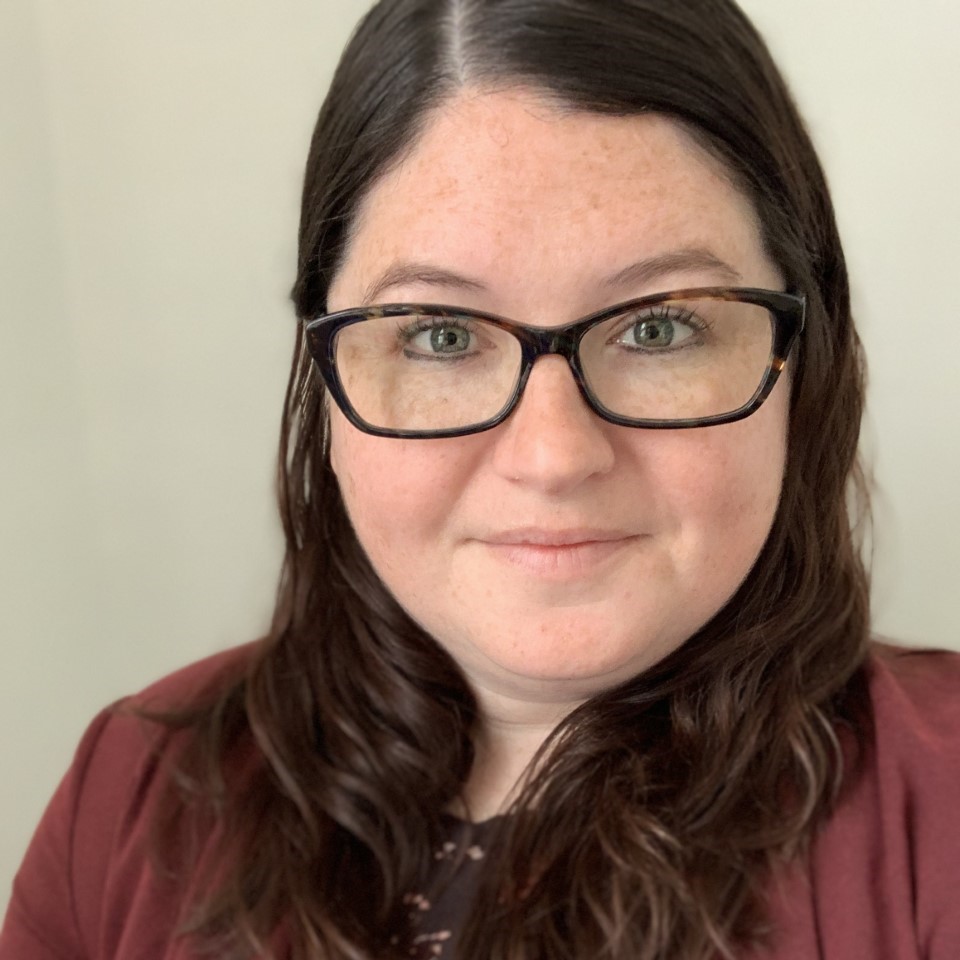
Nicole Burns (she/her) is a settler to Turtle Island. She is a Research Assistant and IndWisdom Project Coordinator for Dr. Morton Ninomiya's research lab. Nicole graduated with a master's degree from Wilfrid Laurier's Community Psychology program in 2020 and is currently a PhD student in Global Governance at the Balsillie School of International Affairs. She has been engaged in community-led capacity building for the last several years, primarily working with Indigenous communities across Canada. Nicole's work centers around Indigenous Peoples right to self-determination; as an ally, she focuses on holding Western governments accountable to supporting and protecting Indigenous Peoples inherent rights. Nicole is primarily responsible for the coordination and management of the IndWisdom Study, and providing mentorship to student trainees/researchers in the IIPW lab.

Nick St. Germaine (he/him) is an Anishinaabe man From the Chippewas of Rama First Nation. Nick graduated from Trent University in 2022 with a bachelor’s degree in psychology. Nick is now pursuing a masters degree in the health sciences program under the supervision of Dr. Melody Morton Ninomiya. Nick's research focuses on how Indigenous values and protocols can be embedded into policy to benefit Indigenous people. Nick is also working at CAMH on the First Nations Wellness Initiative, which a collaborative model for developing wellness strategies with First Nations communities.
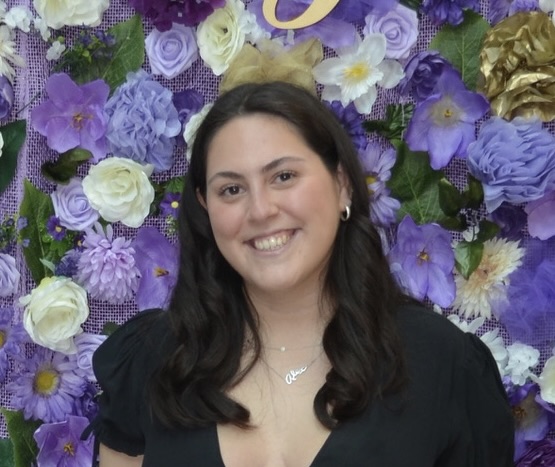
Alexandra Burman (she/her) is an MSc Student in the Health Sciences program specifically in the Community, Public and Population health stream at Wilfrid Laurier University. During her undergraduate degree, Alexandra completed an honours thesis focusing on the knowledge, attitudes and practices of healthcare providers in respect to Fetal Alcohol Spectrum Disorder (FASD). This opportunity allowed Alexandra to develop a passion for meaningful research particularly focusing on disparities in the healthcare system. For her Master’s thesis, she is continuing to work on community-partnered research in relation to FASD, pregnant and parenting youth and harm reduction. Pursuing a Master’s degree will allow for the meaningful contribution to current bodies of literature and knowledge mobilization practices.
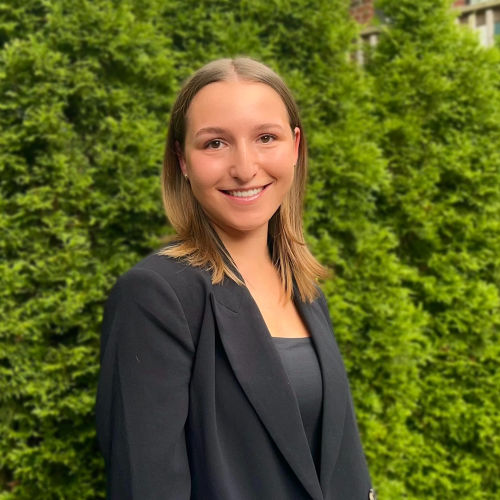
Hannah Denberg (she/her) is a recent graduate from Wilfrid Laurier University where she pursued an honors bachelor of science in Health Sciences. After the completion of her undergraduate thesis which exposed Hannah to the complexities and inequities experienced by individuals with FASD across a diverse range of contexts, she was left both inspired and motivated to conduct research that will meaningfully contribute to sharing, engaging, and mobilizing knowledge in the area of FASD. This motivation of Hannah’s has led her to pursue a Masters of Health Sciences in Community, Public, and Population Health at Wilfrid Laurier University, where she will have the opportunity to contribute to the growing body of research in this field.
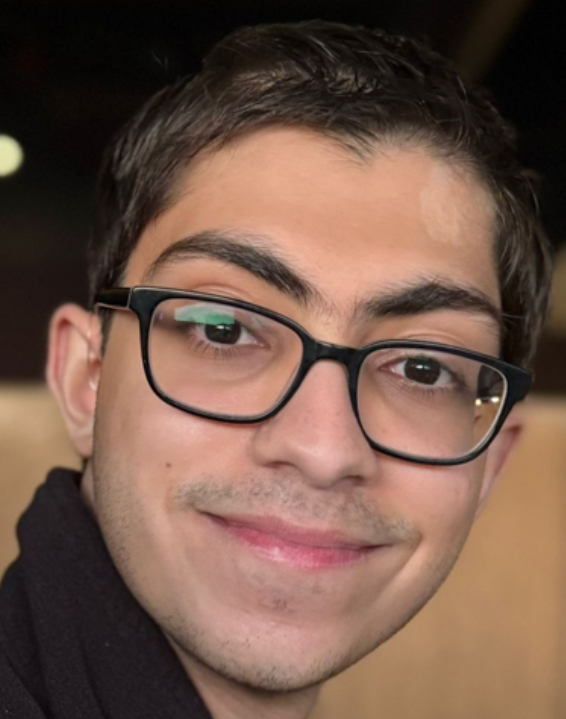
Taha Awan (he/him) is a recent graduate from University of Ottawa where he pursued an honors bachelor of science in Psychology. After completing his thesis, he was interested in the complexities faced by individuals with FASD in a community health lens, inspired to perform research that will allow for the mobilization of knowledge in FASD in order to inform the future of FASD research. As such, Taha was inspired to undertake a Masters of Health Sciences in Community, Public, and Population Health at Wilfrid Laurier University, which allows an opportunity for furthering FASD research.
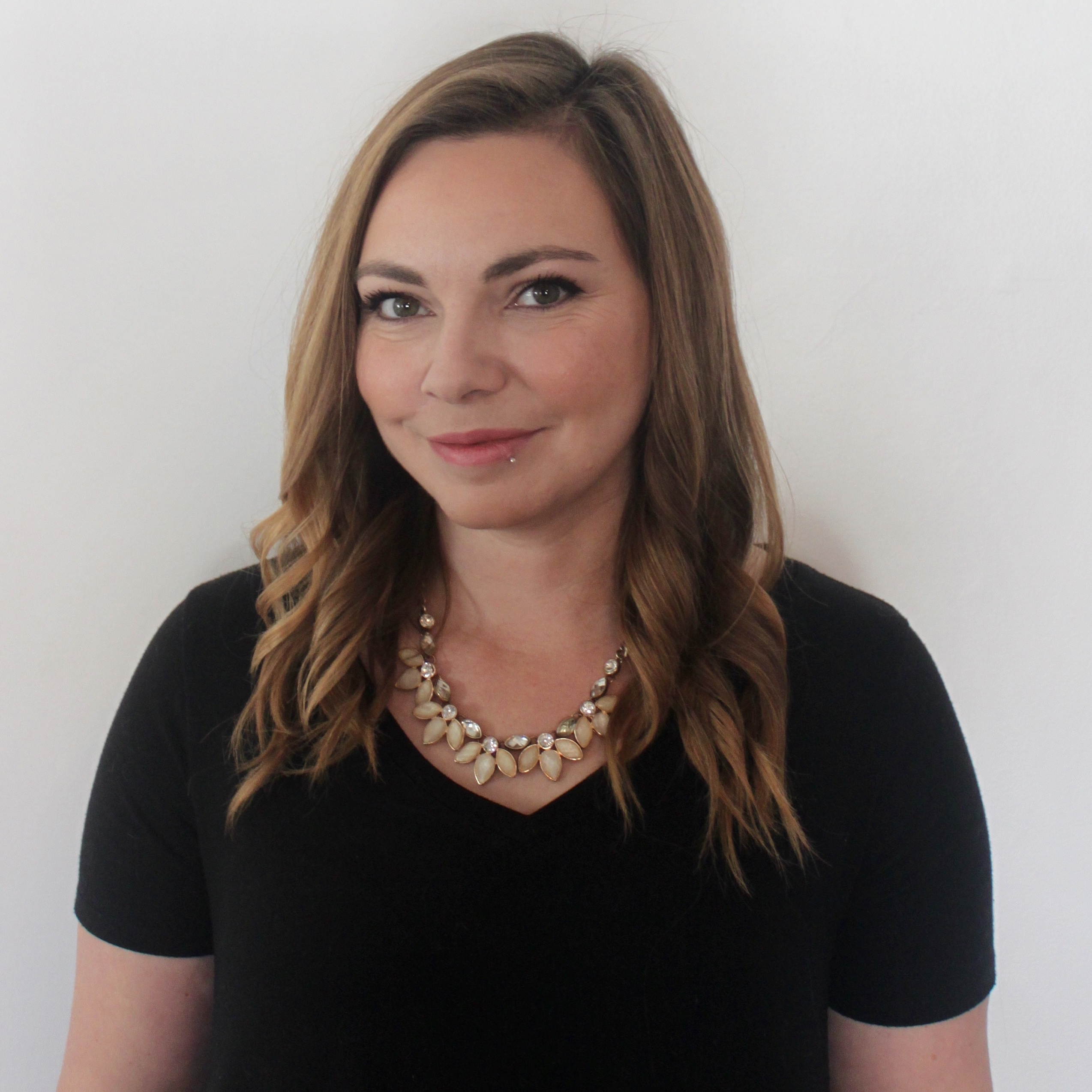
Lauren O’Neill (she/her) is in her thesis year of the Masters in Community Psychology program at Wilfrid Laurier University. She has a BA (Honours) in Psychology with minors in Indigenous Studies and Youth & Children’s Studies from Wilfrid Laurier University’s Brantford campus, where she lives and raises her family. Prior to her studies, she served as a birth and postpartum doula and childbirth educator. She is very thankful to be able to continue to support others through the many meaningful research projects she has worked on with Dr. Morton Ninomiya’s IIPW lab. Her main research focusses on analyzing the knowledges, attitudes, and practices of social workers in New Brunswick concerning Fetal Alcohol Spectrum Disorder and prenatal alcohol use, with the goal of providing a rich understanding of lived experiences and needs to inform appropriate knowledge mobilization initiatives, education, and policy.
Samson Tse (he/him) is a first-generation immigrant who calls northern Turtle Island home. He is a PhD student in Community Psychology. His research is on quantitative and qualitative intersectional 2SLGBTQ+ population health and healthcare access. Some of his current research projects include looking at qualitative resilient minority strengths and quantitative comparisons of trans social determinants of health and primary care utilization. After taking a directed studies with Dr. Morton Ninomiya on knowledge mobilization, he was inspired to delve deeper. He is working as part of the lab on research projects regarding equitable and innovation knowledge mobilization to bridge the knowledge-to-action gap, and what can be done to improve the health and wellbeing of equity-seeking groups.
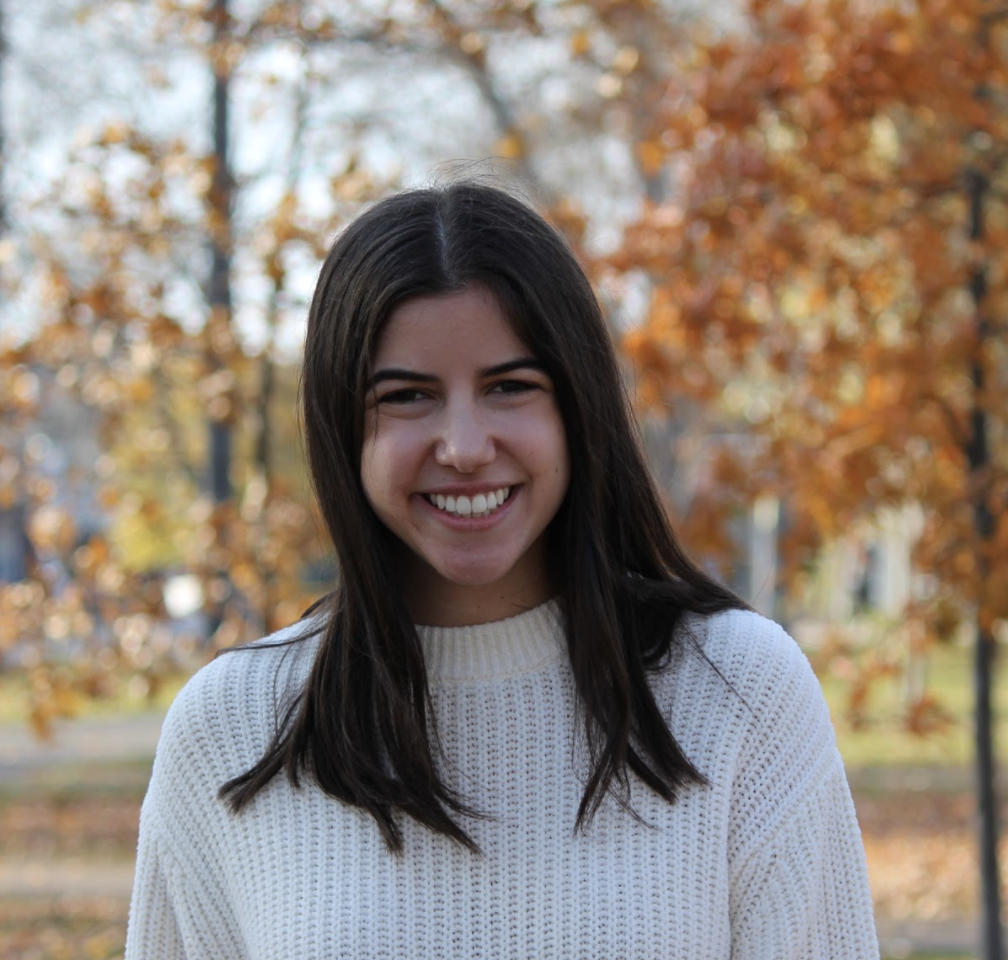
Lauren Gnat (she/her) recently completed her Masters degree in the community psychology program. She studied the transition from childhood to adulthood for adults with Fetal Alcohol Spectrum Disorder (FASD) under the supervision of Dr. Morton Ninomiya. She is passionate about using research to positively impact communities and to build our understanding of the living experiences of people with FASD. She hopes to spread the knowledge that she has gathered to raise awareness and educate others about FASD. Lauren has been involved in a variety of projects since joining the lab almost two years ago and admires the work that Dr. Morton Ninomiya does in her lab. After graduation, Lauren wants to continue using research for advocacy and driving meaningful change. She is currently working with CAMH.
Ramy Barhouche (he/him) is a committed activist-scholar with over 15 years of community collaboration, non-profit program management, and applied research experience. Ramy completed his PhD in community psychology at Wilfrid Laurier University under the supervision of Dr. Morton Ninomiya, and is currently engaged in participatory action research and community collaborations in Lebanon, North America, and internationally. His work focuses on liberatory community wellbeing and mental health, epistemic and social justice, social transformation, and alternative knowledge dissemination methodology. Ramy's work is centered around liberation, decolonial, critical, and culturally responsive frameworks.
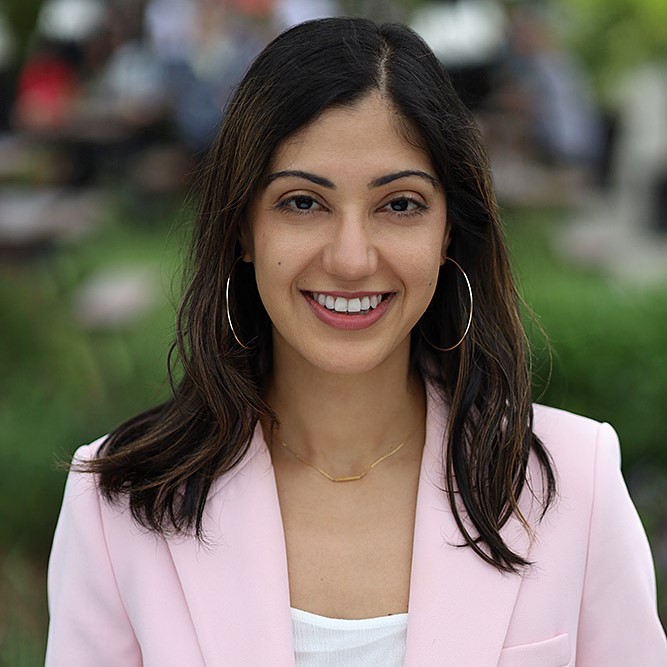
Rajni Sharma (she/her) is a Canadian-born South Asian cis-female living in traditional territory of the Attawandaron (Neutral), Anishnaabeg, and Haudenosaunee peoples. Rajni's PhD research focused on ways of transforming the psychotherapy practice for racialized communities. Specifically, how therapy can address experiences of racial trauma and ways in which processing and healing can occur. She is also a practicing Art Therapist and Psychotherapist, and has worked with a range of diverse clients and communities in clinical and community spaces. Rajni's passion and work are centered around creating healing spaces where people can feel supported and not alone in their mental health journey. Her work and research are informed by critical social theories, including critical race theory, intersectionality, decoloniality, Black feminist psychology and liberation psychology. She believes that many mental health challenges are connected to larger-systems and structural realities that can lead to racism and oppression.
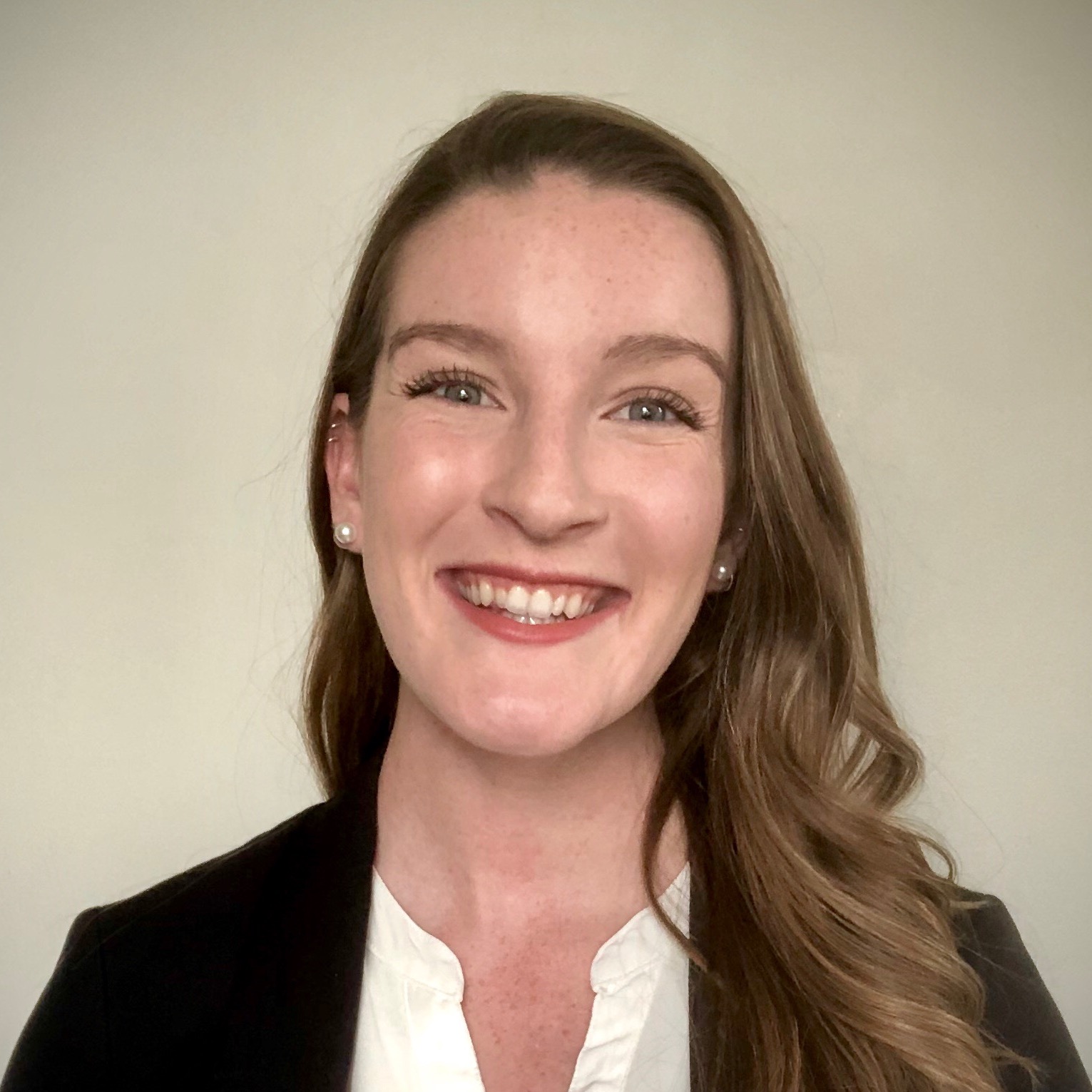
Siann Gault (she/her) is a Masters of Community Psychology candidate studying Fetal Alcohol Spectrum Disorder (FASD) under the supervision of Dr. Morton Ninomiya. Siann was drawn to exploring the social determinants of mental health for people living with an FASD. In her own research, Siann is working with community partners to evaluate best practices in supportive housing for adults living with an FASD. She is pursuing a career in mental health promotion and hopes that her current research helps lay the groundwork for a lifetime promoting FASD-informed intervention and support.
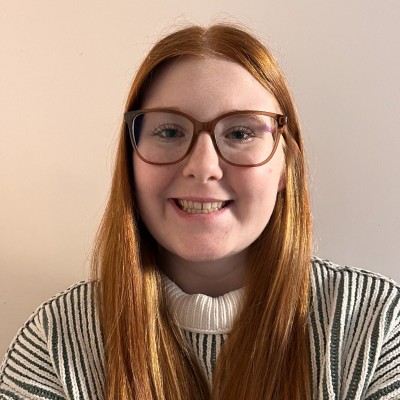
Tracy Searle (she/her) is a fourth year health science student completing a directed study under Dr. Morton Ninomiya. I have been able to work on many different projects, such as helping to make create a report following a policy brief made by others in the lab in collaboration of the Ontario Association of Young Parent Agencies (OAYPA) and be actively involved in screening articles for Scoping Review on Community Drive Knowledge Mobilization. Within the lab, I have been able to acquire new skills such screening and transcript translation and learn new concepts such as knowledge translation. With the goal to pursue a career in Public Health, the topics I have been able to explore further has helped develop a better understanding of prevalent issues that many face. Tracy has recently accepted an offer to complete her Master’s in Health Sciences at Laurier, and will continue working with the Lab as a Research Assistant.

Sami Poulsen (she/her) has developed a passion for health equity throughout her undergraduate degree in Health Science, leading her to pursue a third year directed study with Dr. Ketan Shankardass, transitioning into a fourth year thesis supervised by Dr. Melody Morton Ninomiya. These research experiences allowed her to gain hands-on experience in qualitative research, including coding, analysis and academic writing, while contributing to the broader understanding of educational challenges related to Fetal Alcohol Spectrum Disorder. Her interest in the IIPW lab stemmed from her work with underprivileged communities and learning about inequalities in healthcare throughout her academic career with courses such as Sociology, Canadian Healthcare Systems and Social Determinants of Health. Sami looks forward to continuing her research pursuit and applying her findings to her future career in healthcare. Sami has also recently accepted an offer to complete her Master’s in Health Sciences at Laurier, and will continue working with the Lab as a Research Assistant.
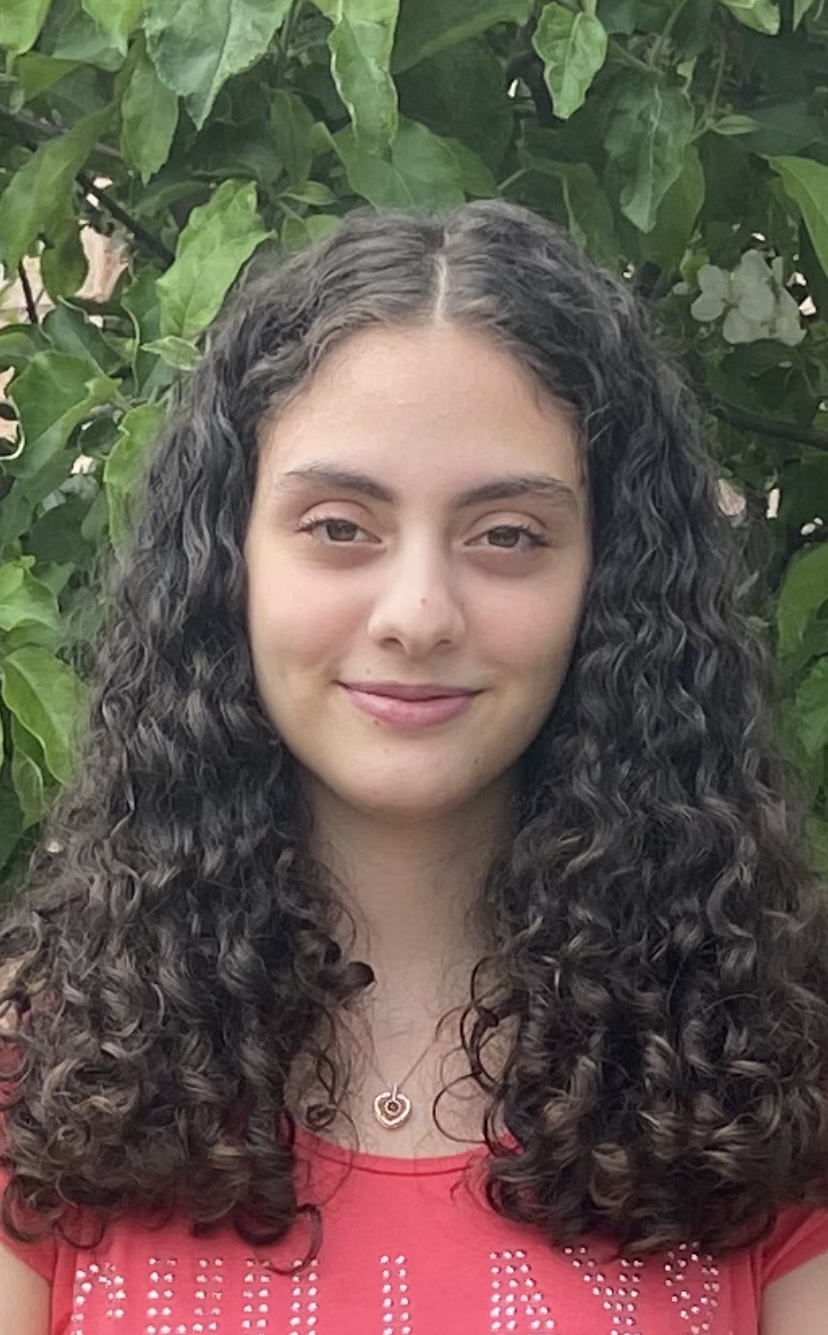
Merna Mina (she/her) is a passionate advocate for wellness, with a unique perspective shaped by volunteering on a reserve and maintaining close connections with its youth. Through volunteering with individuals who have intellectual or developmental disabilities, tutoring newcomers, and working with older adults, she has cultivated a deep understanding of diverse communities. Merna has honed her research skills for over three years as a Laurier student, including screening, coding, conducting interviews, and transcribing. Recognizing the parallels between her Coptic background and Indigenous communities, Merna aims to bridge cultural understanding and promote health equity. As she pursues a career in either clinical practice or research, Merna hopes to continue experiencing the joys of serving others and giving back to her community.
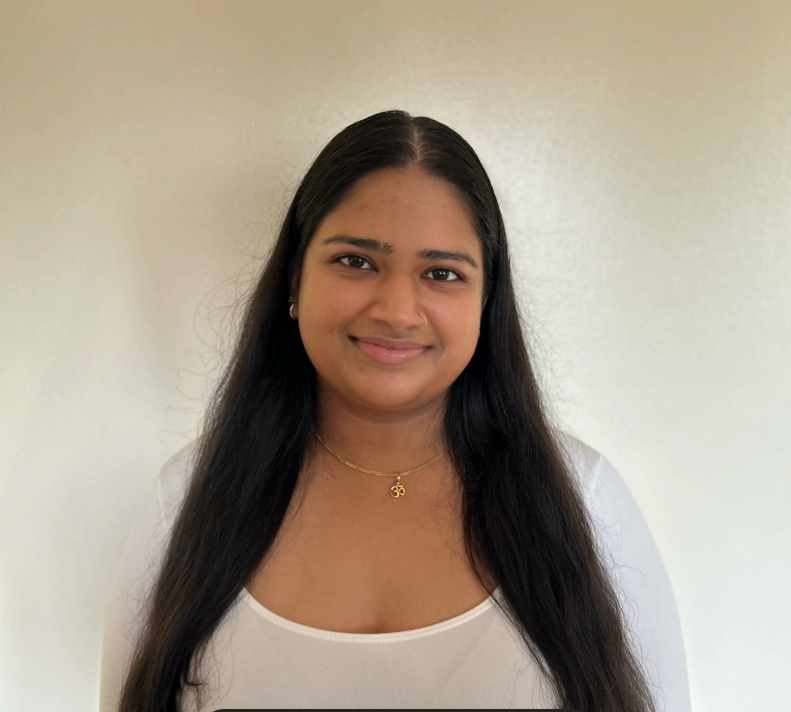
Zil Panchal (she/her) completed her undergraduate thesis, concentrating on Fetal Alcohol Spectrum Disorder (FASD), under the supervision of Dr. Morton Ninomiya during her fourth year in the Health Sciences program. Her thesis focused specifically on identifying the gaps in knowledge, attitudes, and beliefs surrounding FASD among educators, in collaboration with the New Brunswick FASD Centre of Excellence. She is currently completing a directed studies course, focused on helping create a policy brief in collaboration with the Ontario Association of Young Parent Agencies (OAYPA). Her interest in the IIPW lab stemmed from her passion to help create change in Canada's healthcare system in which Indigenous communities are unfairly disadvantaged. After taking Indigenous Health and Wellbeing taught by Dr. Morton Ninomiya, she hoped to gain first-hand knowledge and experience in Indigenous Health. She felt that completing her thesis in the IIPW lab would help to develop skills and knowledge on research practices, academic writing, critical thinking, data collection, data analysis, and much more. Her experience will contribute to her career goals of working in the healthcare field where she hopes to create a change in disparities faced by minorities in the Canadian healthcare system.

Paula Bonilla (she/her) is a fourth-year undergraduate student in the Health Sciences program. Her interests in the field of Social Determinants of Health research stemmed from her personal experiences being an immigrant and the challenges she and her family faced when immigrating to Canada. During her third year, she completed a directed study focusing on factors which influence the risks of cardiovascular disease among immigrants in Canada. Further into her research experience, she became interested in studying the gaps within the literature concerning health disparities faced by different ethnicities and visible minority groups throughout Canada. Throughout her undergrad, she posed further interest to explore research in Indigenous Health and FASD, ultimately leading her to pursue a thesis under the supervision of Dr. Morton Ninomiya. Paula looks forward to expanding her knowledge of FASD prevention along with Indigenous Health inequities and building meaningful research and academic writing skills to apply to her future career in the healthcare field.
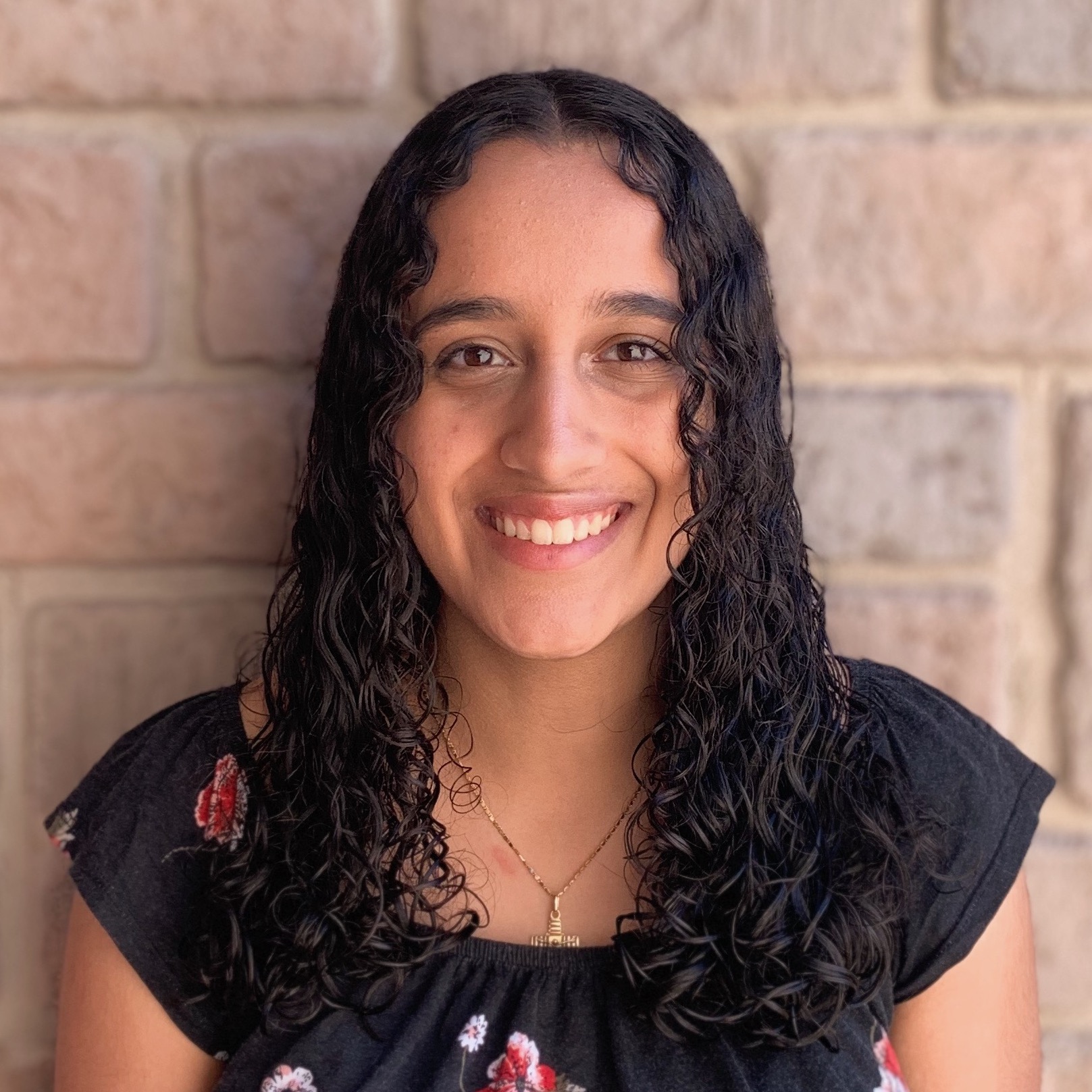
Maria Raphael (she/her) is in her fourth year of her Health Sciences Program. She chose to get involved out of interest and desire to be better educated about Indigenous People’s health and current realities. The
opportunity to work in the lab as allowed her to acquire many new and valuable skills, such as transcription and research knowledge translation. Volunteering has provided opportunities to further develop skills that will be an asset, moving forward.

Carol Ragheb (she/her) started working at Dr. Morton Ninomiya’s lab during her second year at Wilfrid Laurier University while studying Health Sciences. She decided to volunteer in the area of Indigenous health, as she was compelled to examine the determinants of health and wellness in their communities, work towards improving accessibility, and to be part of a great team that positively contributes to communities in need. Carol’s work with Dr. Morton has helped her future in the medical field by acquiring research skills, competency in knowledge translation, and working in a team-oriented environment for a study she had great interest in. From working on this research project, Carol has learned about the different issues surrounding the health and wellness of Indigenous communities, and how she can play a role in helping improve their communities. She is now in her fourth year.

Hannah Makar (she/her) worked with the IIPW team in her fourth year of the Health Sciences Program. She was keen to learn more about the history and realities that Indigenous Peoples face in Canada. By joining IIPW, she hopes to thrive and develop new skills that apply to academic work, or future career work in the medical field. She is learning how to transcribe, create animations summarizing research, and getting involved in other forms parts of research projects.

Monica Youssef (she/her) is a fourth year student in the Health Sciences Program. Monica chose to volunteer in Dr. Morton-Ninomiya's lab to broaden her knowledge and understanding about Indigenous health. Her past experiences as a volunteer on-reserve inspired her to gain a deeper understanding of the Indigenous ways of knowing. Monica hopes to gain further insight, knowledge, and understanding of Indigenous Peoples’ health and develop skills in research, teamwork, and communication.
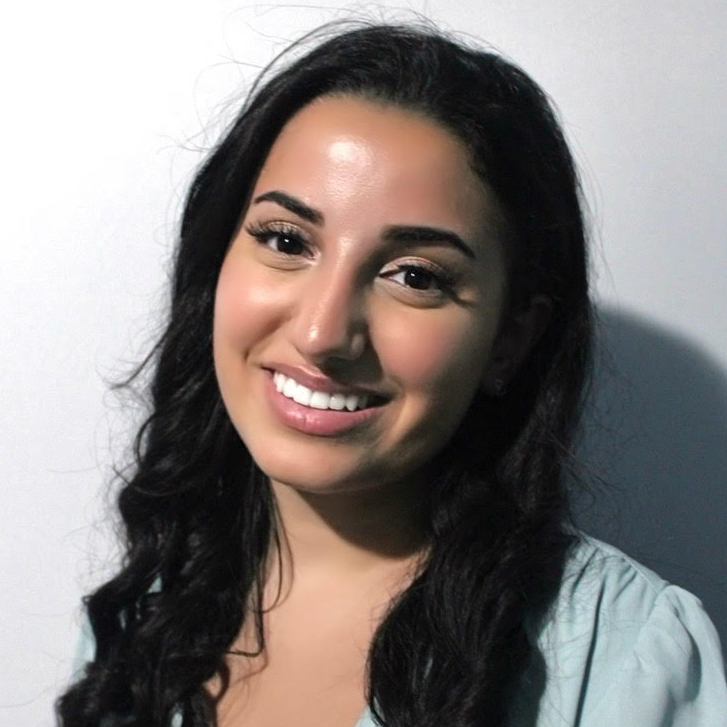
My name is Marina Youssef, I am in my fourth year in the Health Science program at Wilfrid Laurier and I live in Vaughan Ontario. I have Egyptian upbringings, however I was born and raised in Mississauga, Ontario. I am volunteering in this lab as an effort to get involved and educate myself on Indigenous Peoples' health. My volunteer work with a group of experts helping migrant farm workers has pushed me to learn more about marginalized groups of people and how I can possibly be more educated and responsive through meaningful and collaborative research.

Erin Allison (she/her) started in the Health Sciences program at Laurier in 2019. Since taking a course taught by Dr. Morton Ninomiya in her first year, she’s been interested in contributing to research in the area of Indigenous Peoples’ health and wellness, as well as community and culturally-defined indicators of wellness. Erin wants her volunteering experience as a research assistant to advance her research skills, critical thinking, and make meaningful contributions that will also inform her future academic and professional careers.
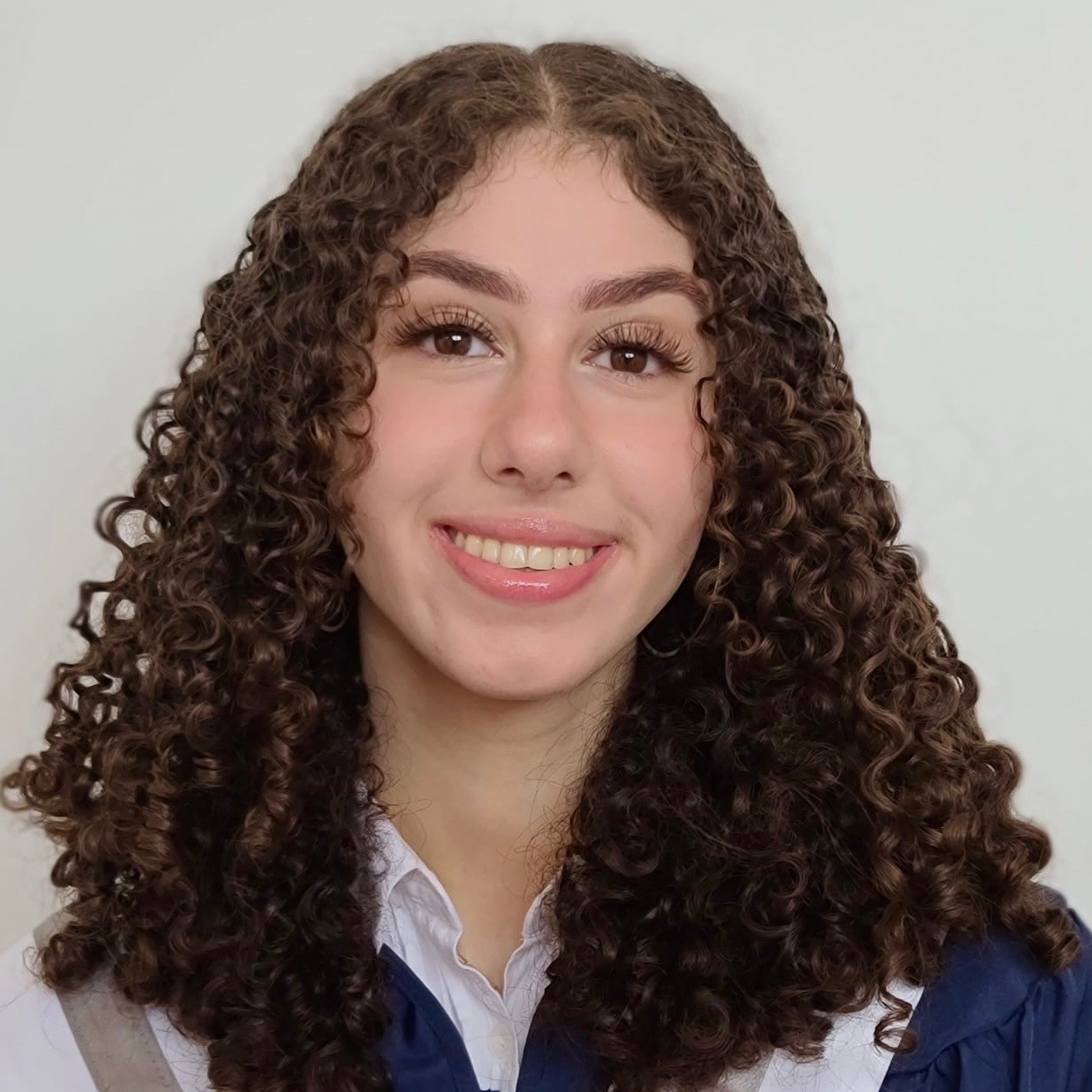
Clara Nakhla (she/her) is a second-year student in the Health Science program at Wilfrid Laurier University. She showed interest in Dr. Morton Ninomiya’s lab to better understand Indigenous health and wellness and to raise awareness, challenge assumptions, and change norms, to ultimately create a more culturally safe healthcare system. Clara has acquired many transferable research skills applicable to all aspects of her education and emerging career including critical thinking and problem solving to understand connections, knowledge mobilization, as well as clear communication and active listening in collaboration. With a strong desire to pursue a career in the healthcare field, Clara hopes that her participation in this research will be of benefit to Indigenous communities, taking one step towards health equity.
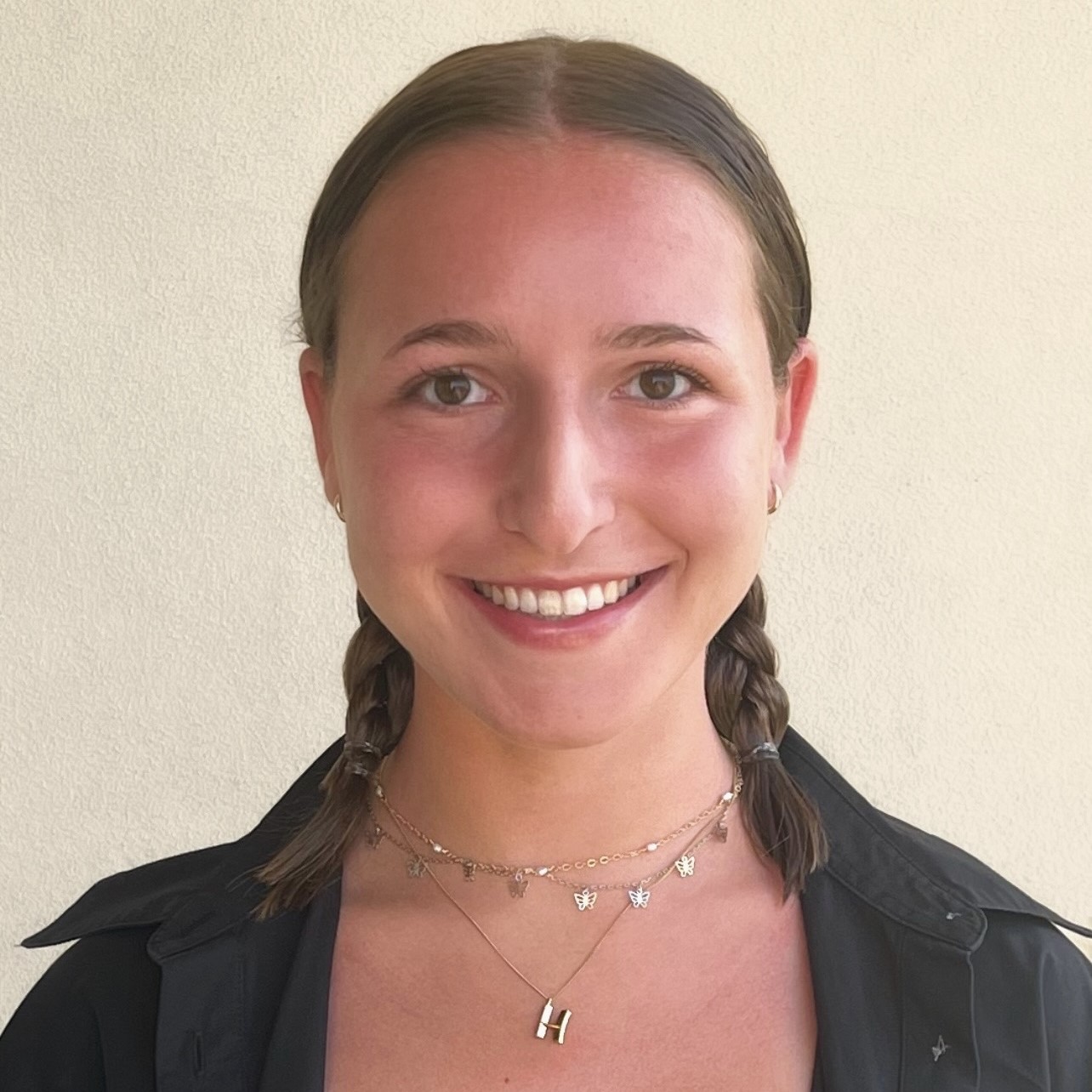
Hannah Denberg (she/her) was an undergreatuate researcher in her fourth year of the Health Sciences program. During her third year, where she participated in a directed studies course focusing on health communication, Hannah was introduced to the challenges and disparities faced by individuals impacted by Fetal Alcohol Spectrum Disorder (FASD). This led her to pursue an honours thesis concentrating on FASD under the supervision of Dr. Melody Morton Ninomiya, focused specifically on identifying the gaps in knowledge and misinformation among key stakeholders. This thesis project provides Hannah with the opportunity to participate in meaningful research while gaining invaluable skills, which will help guide her ambitions of pursuing a career in the healthcare field.
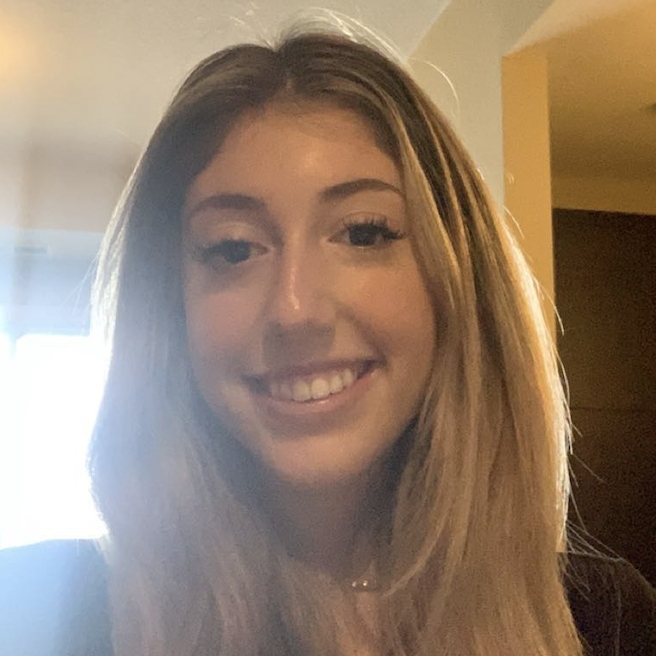
Lauren Benchetrit (she/her) was a fourth-year undergraduate student researcher while enrolled in the Health Sciences program at Wilfrid Laurier University. She is very passionate about Canada’s universal healthcare system, including its current structural health inequities. Her interest in Canadian healthcare inequities was influenced by the Canadian Health Care System course taught by Dr. Morton Ninomiya during Lauren’s second year. Her lectures on this topic sparked Lauren’s interest in the area of Indigenous health and wellness. Since then, she has developed a profound fervor to study and think critically about privilege, self-location, and responsibilities in relation to health inequities. Additionally, Lauren brought strong academic skills such as critical thinking, teamwork, communication, and task management to Dr. Ninomiya’s research team. Volunteering with Dr. Morton Ninomiya’s lab provides Lauren with a meaningful, educative research opportunity and invaluable experience which will assist her in working towards a future career in the healthcare.
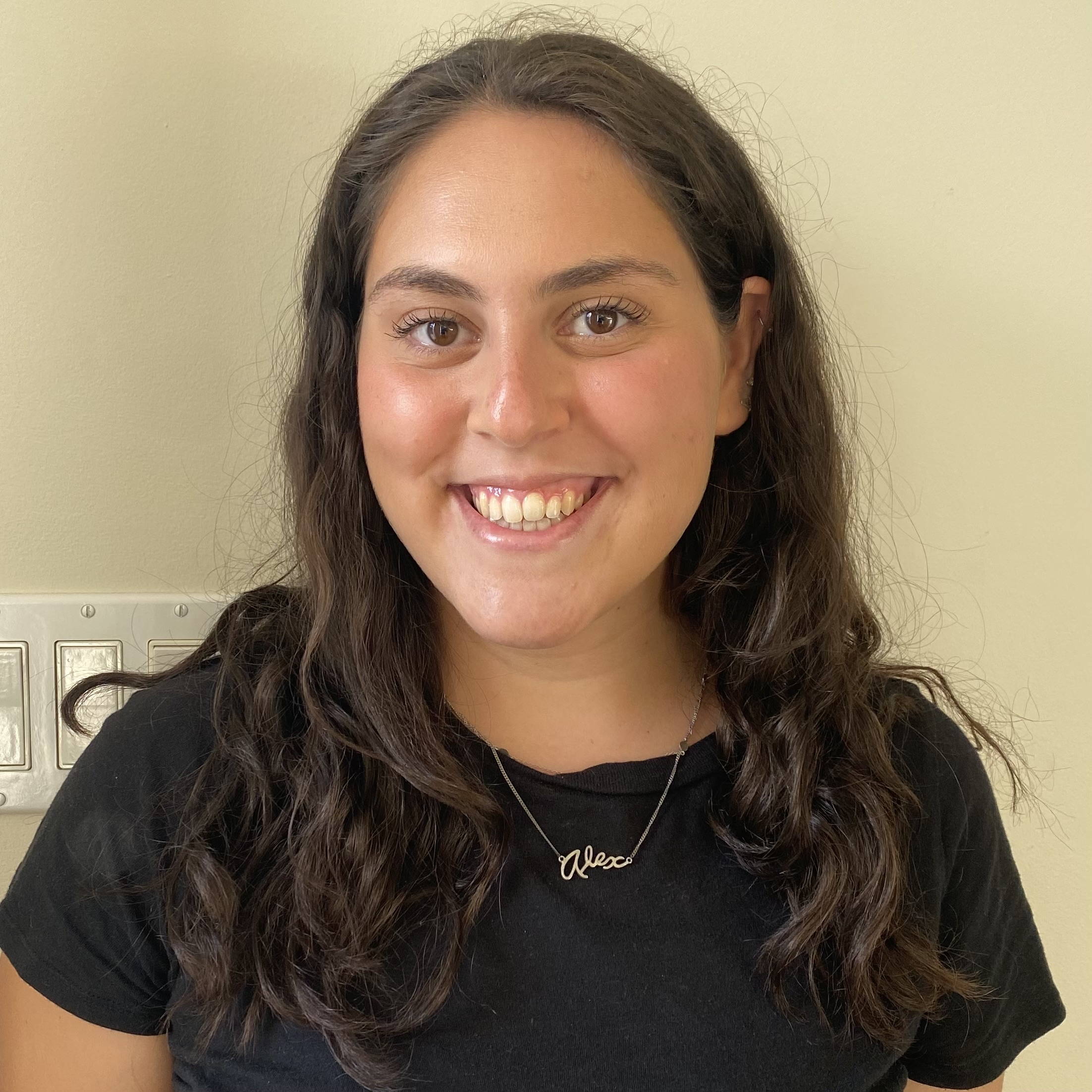
Alexandra Burman (she/her) was a fourth-year undergraduate student in the Health Science Program while working with Dr. Morton Ninomiya. In her third year, she completed a directed studies course in Health Communication which sparked an interest in the topic of Fetal Alcohol Spectrum Disorder. Alexandra completed an honours thesis on FASD focused on the lack of awareness and misinformation surrounding the disorder. This was an opportunity to build skills in meaningful research and a knowledge base on the disparities in health care that she will be able to apply when working in the future in the health field.
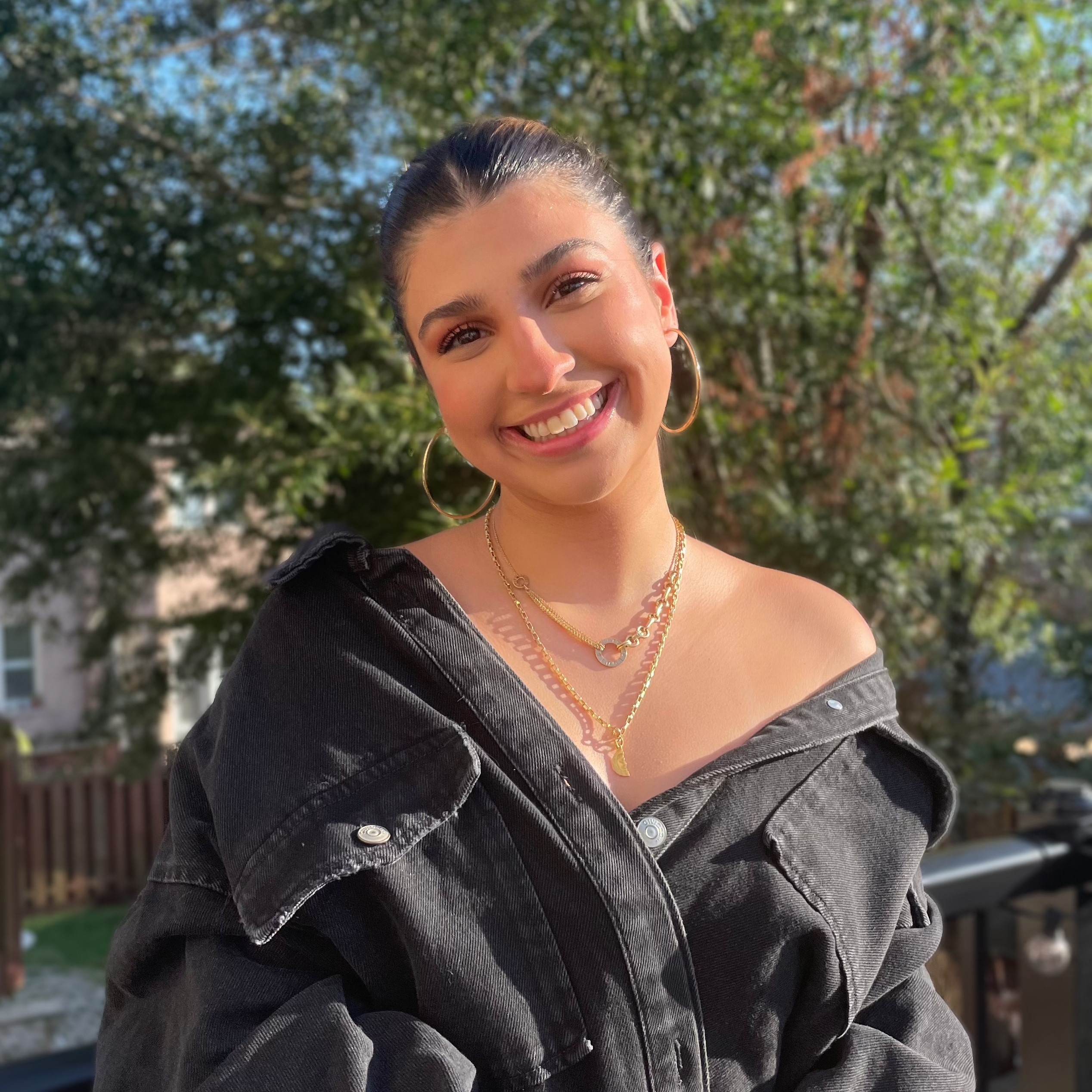
Asal Eshghabadi (she/her) was in her fourth year of undergraduate studies in the Health Sciences Program while working as an undergraduate researcher. She became interested in the area of Indigenous Health through various courses instructed by Dr. Morton Ninomiya. Her work in the area of social determinants of health in relation to FASD, and learning about disproportionate effects from colonization on Indigenous communities, has enhancing her interest in community-engaged research. Her position in Dr. Morton Ninomiya’s lab will allow her to expand her knowledge in the area of FASD and potentially contribute to work with Indigenous communities. As a volunteer research assistant, she is developing and using research skills that will expand her knowledge in areas that she is passionate about.
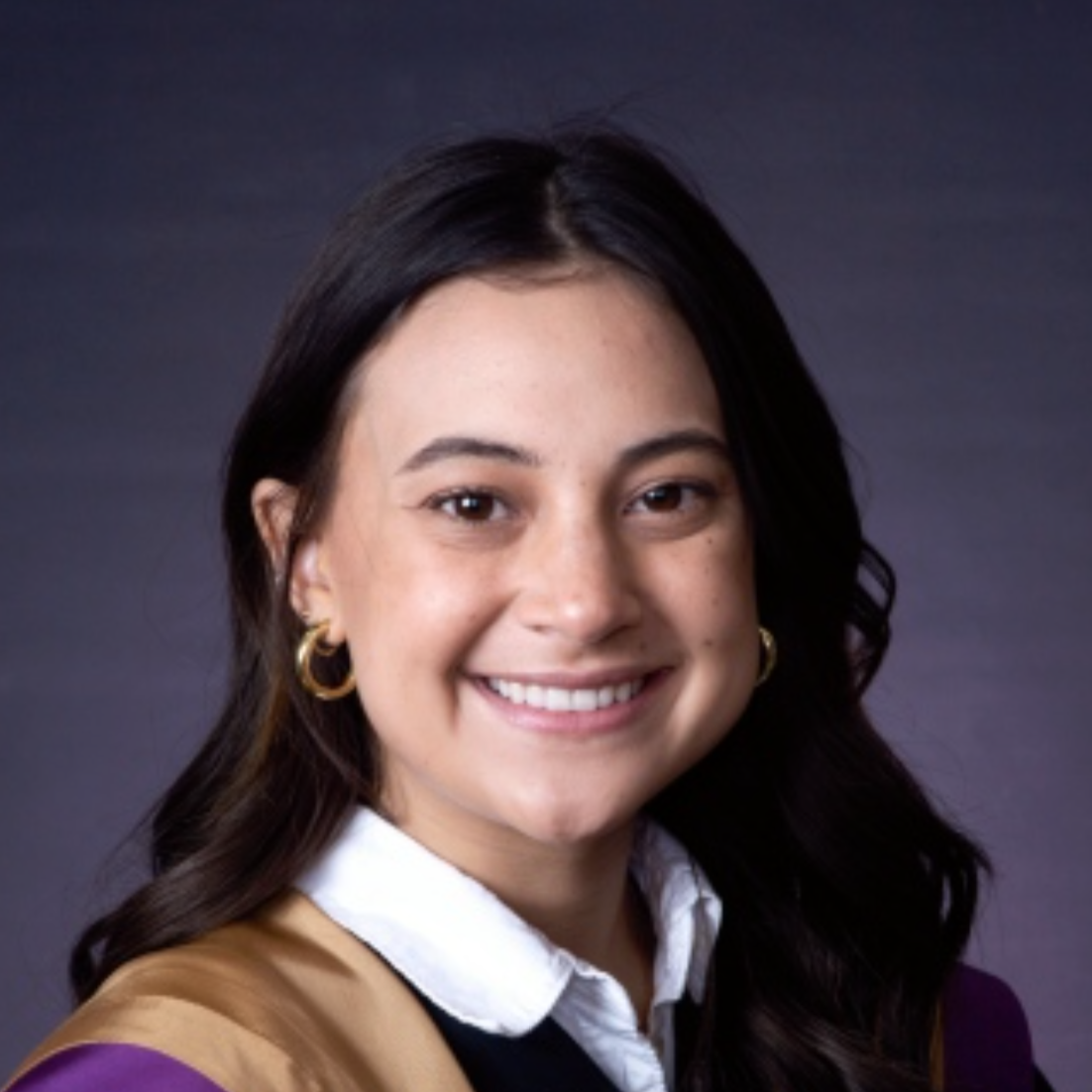
Francesca Lee (she/her) graduated from Wilfrid Laurier University in April 2022 with her Honours Bachelor of Science degree, majoring in Health Sciences and minoring in Chemistry and Biology. Francesca joined Dr. Morton Ninomiya’s during the Second year of her undergraduate degree as a research volunteer motivated by the goal of expanding her research skills and gaining further understanding of the health inequities faced by Indigenous populations. In this role Francesca researched the transition faced by individuals with Fetal Alcohol Spectrum Disorder (FASD). In her fourth year, Francesca conducted her own research to evaluate the scope of supporting housing for individuals with FASD. Francesca’s involvement in Dr. Morton Ninomiya’s lab has provided her with a deeper understanding of inequities face by the caregivers and individuals with FASD, academic writing and knowledge translation.

Nardin Ayoub (she/her) was an undergraduate student researcher in her fourth year of the Health Science program at Laurier. After hearing Dr. Morton Ninomiya's lectures about determinants of Indigenous People’s wellbeing and learning more about the health disparities and inequities, she reached out to be part of the IIPW research group. Nardin brings strong graphic design, critical thinking, and teamwork skills. This volunteer work was an opportunity to engage in meaningful and fulfilling research and will undoubtedly inform her future career in healthcare.
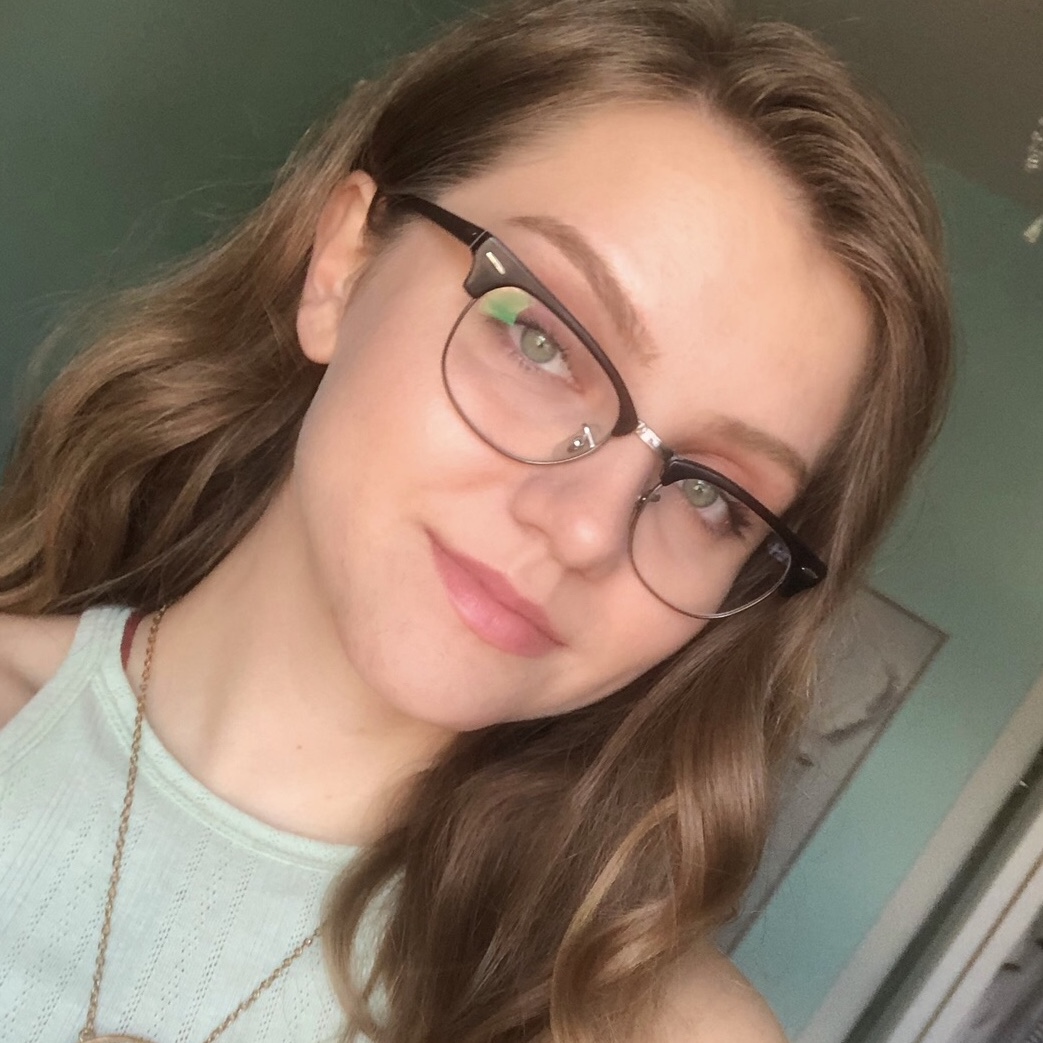
Tatiana Baziw (she/her) was a fourth-year undergraduate student researcher in Health Sciences and is passionate about public health. She hopes to pursue a Masters in Public Health. Her honours thesis was inspired through her volunteering in this lab, and is now helping with her academic writing skills and teamwork skills. Volunteering in the lab has provided opportunities to work collaboratively within the Waterloo Region community.
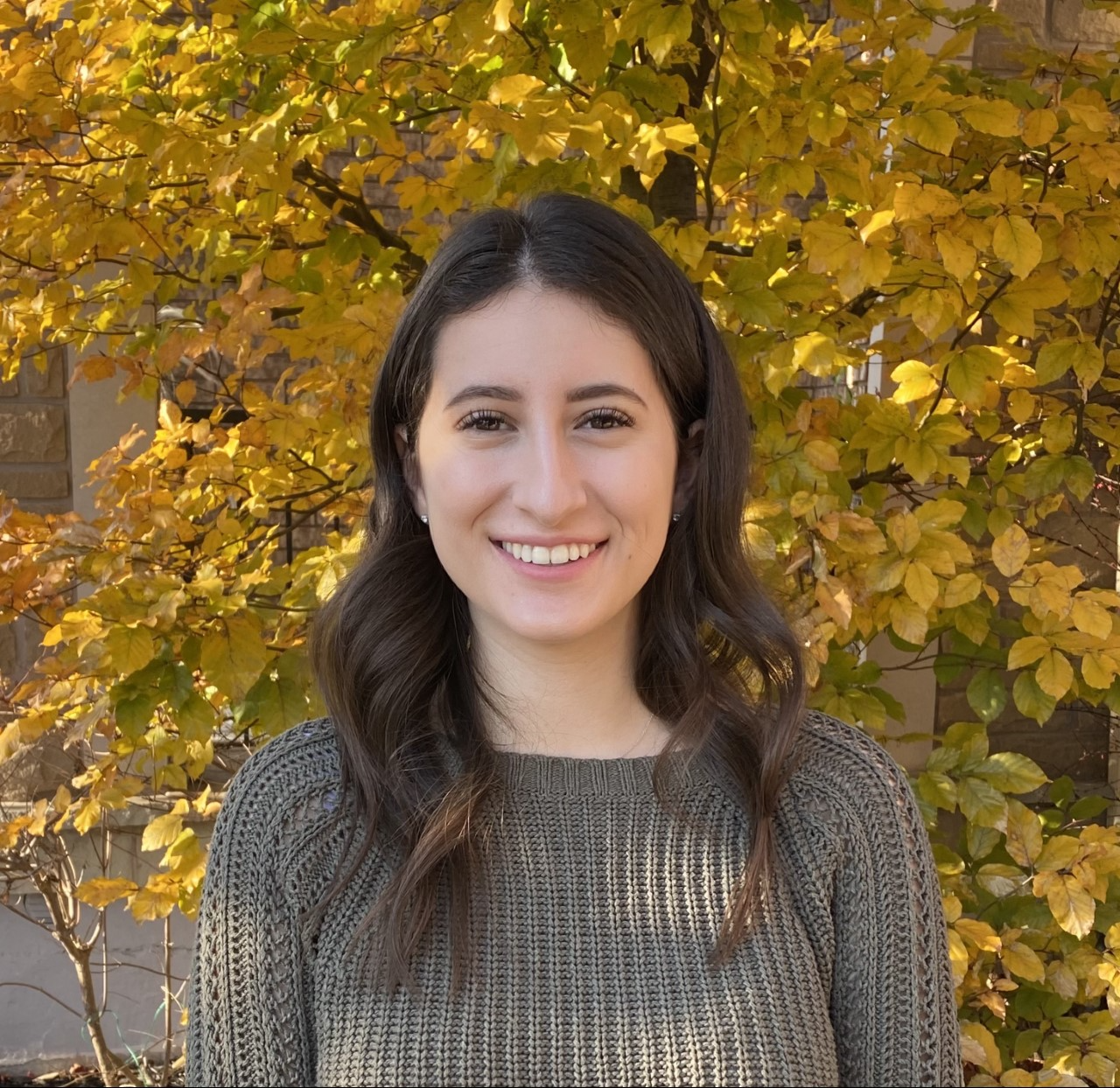
Brianna’s honours thesis is a marriage between a rapid review requested by Dehcho First Nations and Brianna’s desire to do work aimed at healthcare practices in relation to different Indigenous Peoples in Canada. Brianna looks forward to applying her knowledge about wise Indigenous healthcare practices and incorporating them into her future career within the healthcare field.
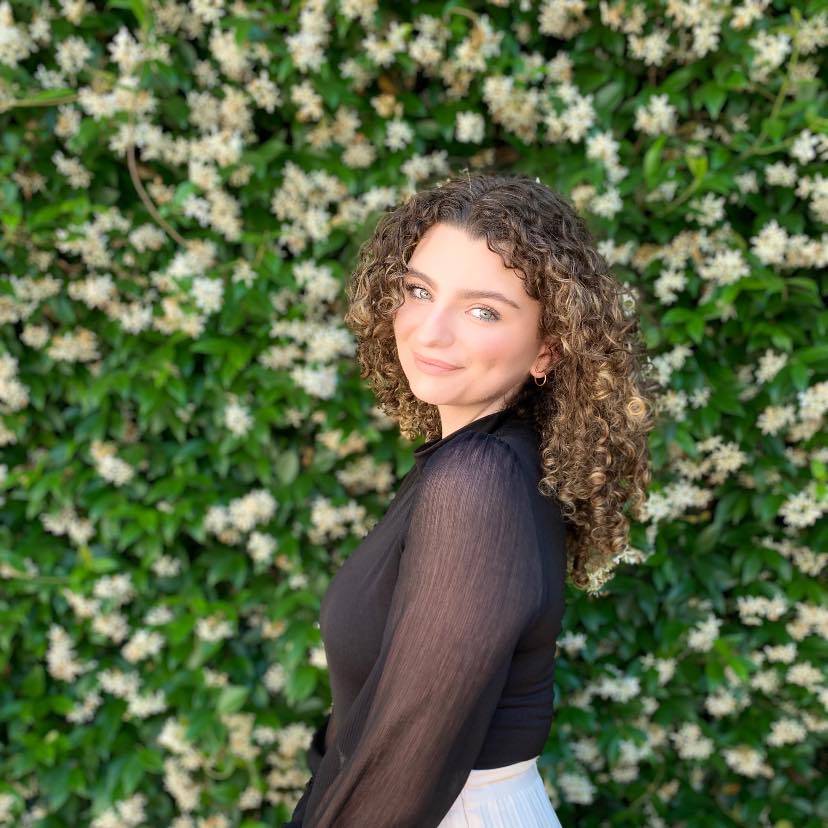
Kadriye Candas (she/her) attended Dr. Morton Ninomiya’s course, Canadian Health Care System, where she learned a segment of Indigenous people and Indigenous health, in the third year of her Health Sciences program. In order to learn more, get involved and work collaboratively with others, she showed interest in Dr. Morton Ninomiya’s lab. Kadriye’s volunteer work at this lab will contribute towards her future goals as this opportunity has expanded her aptitude in academic writing, research, teamwork, and more.
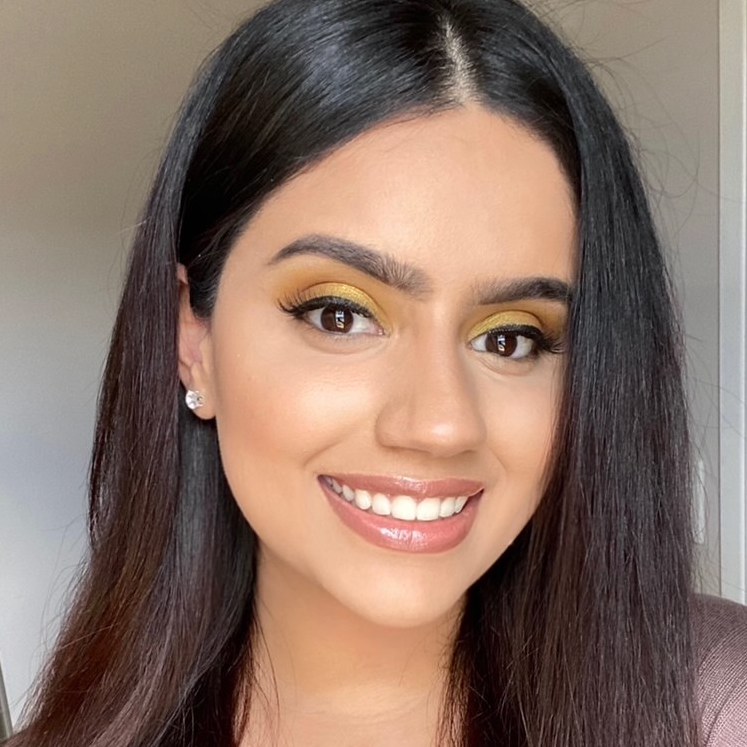
Amrit Grewal (she/her) volunteered in Dr. Mortan Ninomiya's lab during the Fourth year of her Health Science Degree. Her interest in Dr. Mortan Ninomiya's lab sprung from her passion to help create change in Canada's current Healthcare System in which she felt strongly for communities such as the Indigenous People who are unfairly disadvantaged. She hoped to gain first-hand knowledge and experience on the subject matter of Indigenous Health and acquired a skill set that would allow her to have the largest impact. She felt that this volunteer position would help to develop skills and knowledge on research practices, academic writing, critical thinking, data collection and data analysis, and more. All this would contribute greatly to her educational and career goals of one day working in the healthcare field where she hopes to create a change.
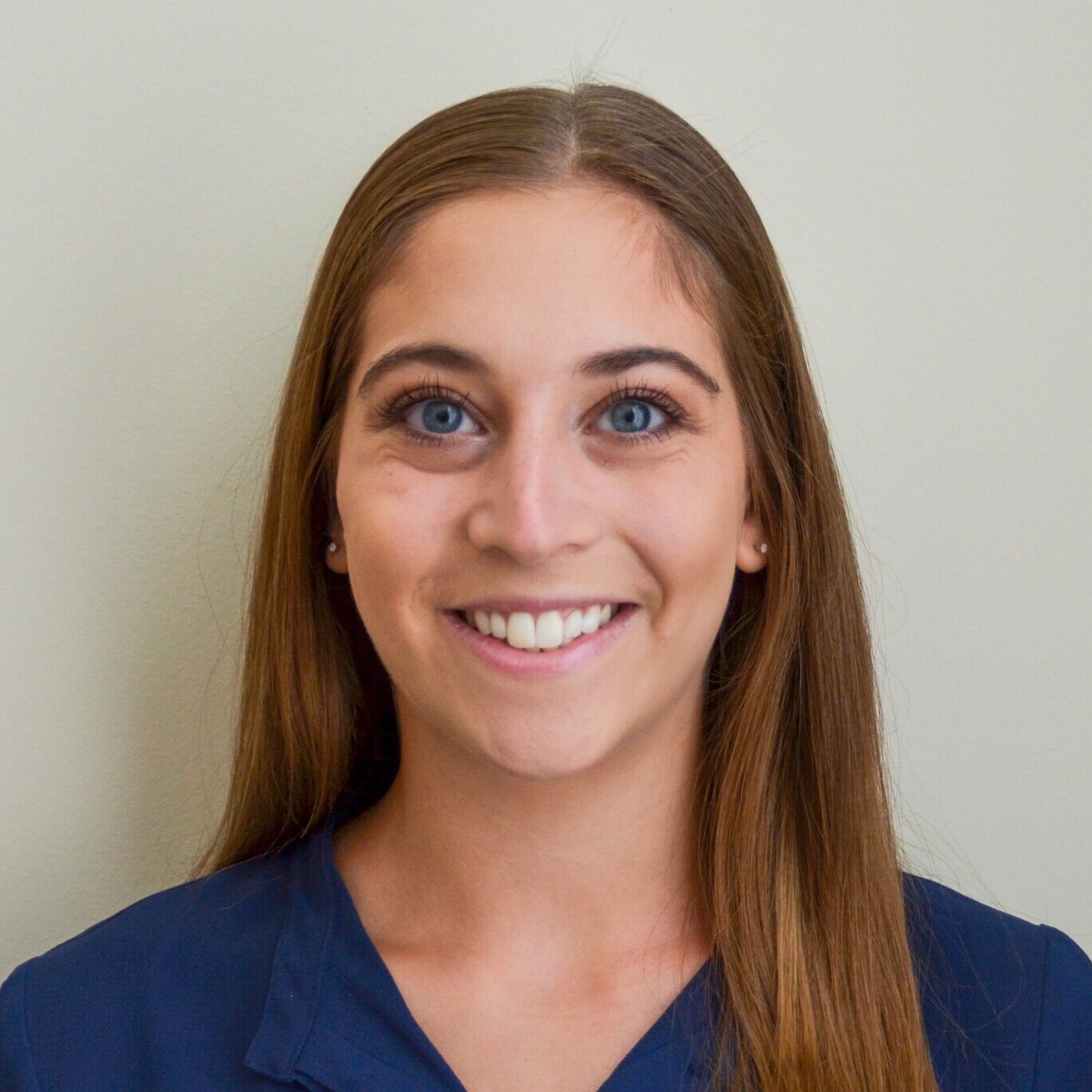
Jessica Star (she/her) began volunteering in Dr. Morton Ninomiya’s lab following her guest lecture in one of Jessica’s Health Science courses. Initially motivated to further both her research skills and education on Indigenous issues, Jessica joined a team to work on a scoping review that looked at transitions in people with Fetal Alcohol Spectrum Disorder (FASD). As an aspiring physician, Jessica’s work in Dr. Morton Ninomiya’s lab will contribute to her understanding of disabilities and the need to provide such individuals with adequate support.

Nora Morrison (she/her) graduated from Wilfrid Laurier University in April 2020 with her Honours Bachelor of Science degree, majoring in Health Sciences and minoring in Chemistry and Psychology. Her interest in working in Dr. Morton Ninomiya’s lab developed because she wished to gain specialization in Indigenous Health through research experience. Working in Dr. Morton Ninomiya’s lab provides a deeper understanding of Indigenous health issues, research methods, academic writing and other skills, which will be transferable to her future academic and career endeavors in the public health domain.
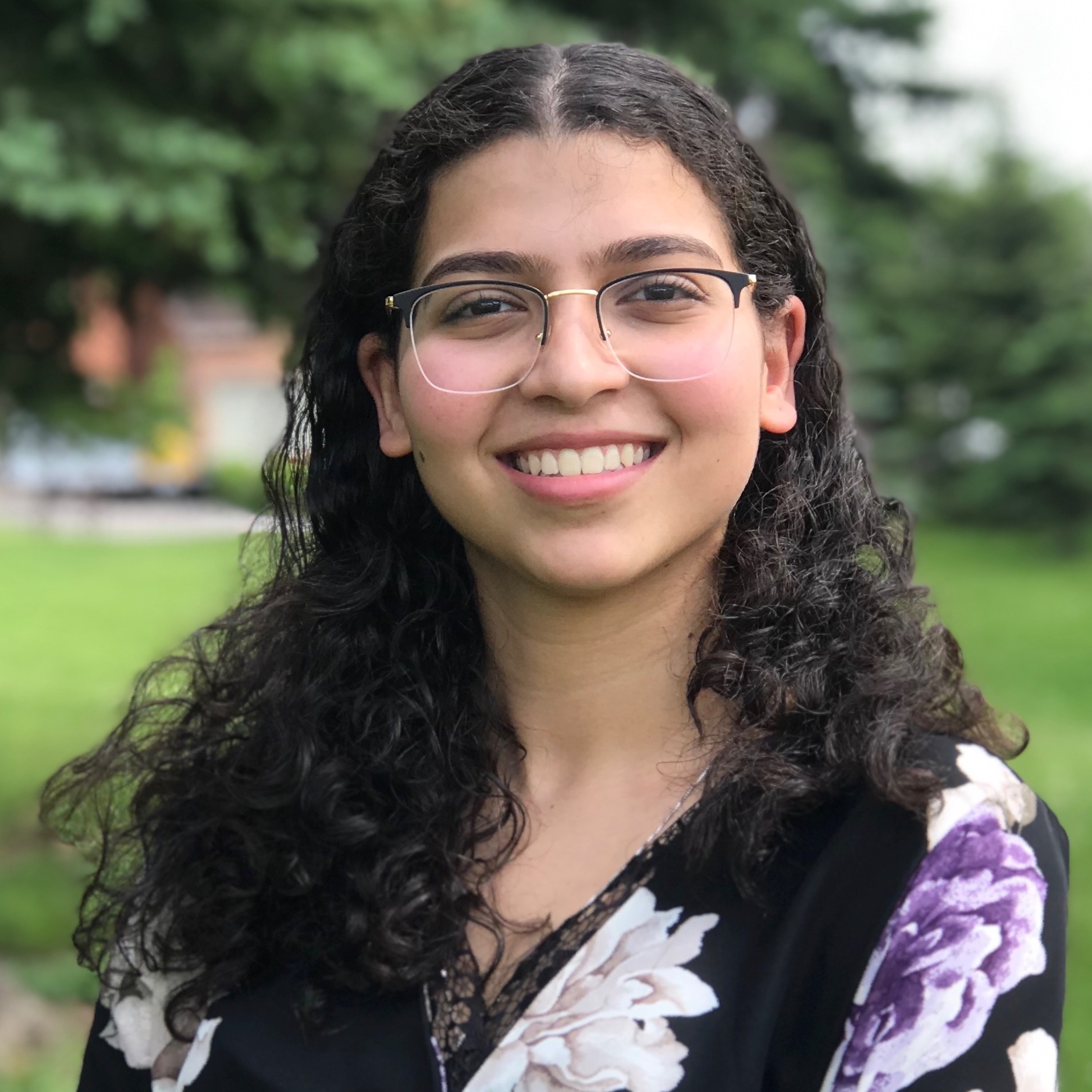
Enola Ghobrial (she/her) joined a Health Sciences program as an undergraduate degree in order to work towards her career in healthcare. Over the summer, she had the opportunity to volunteer at a First Nations reserve where she built strong relationships with the community. She found her visit to be of educational value towards persisting Indigenous issues which consequently attracted her to volunteer at Dr. Morton Ninomiya’s lab because she recognized it presented the greatest potential for her to learn more and work towards a change. Due to her aspirations to follow a career in healthcare, Enola would like to expand her knowledge and experience in various aspects including research, knowledge translation, academic writing and effective teamwork.

Olivia Gilbert (she/her) joined Dr. Morton Ninomiya’s lab as a volunteer during the third year of her Health Science degree. She became interested in working with Dr. Morton Ninomiya after hearing her lecture on the social determinants of health of Indigenous people. She knew this opportunity would expand her knowledge of the Indigenous community of Canada and enhance her skills in research, teamwork and graphic design. This volunteer work will assist her educational path and future career in the health science field.
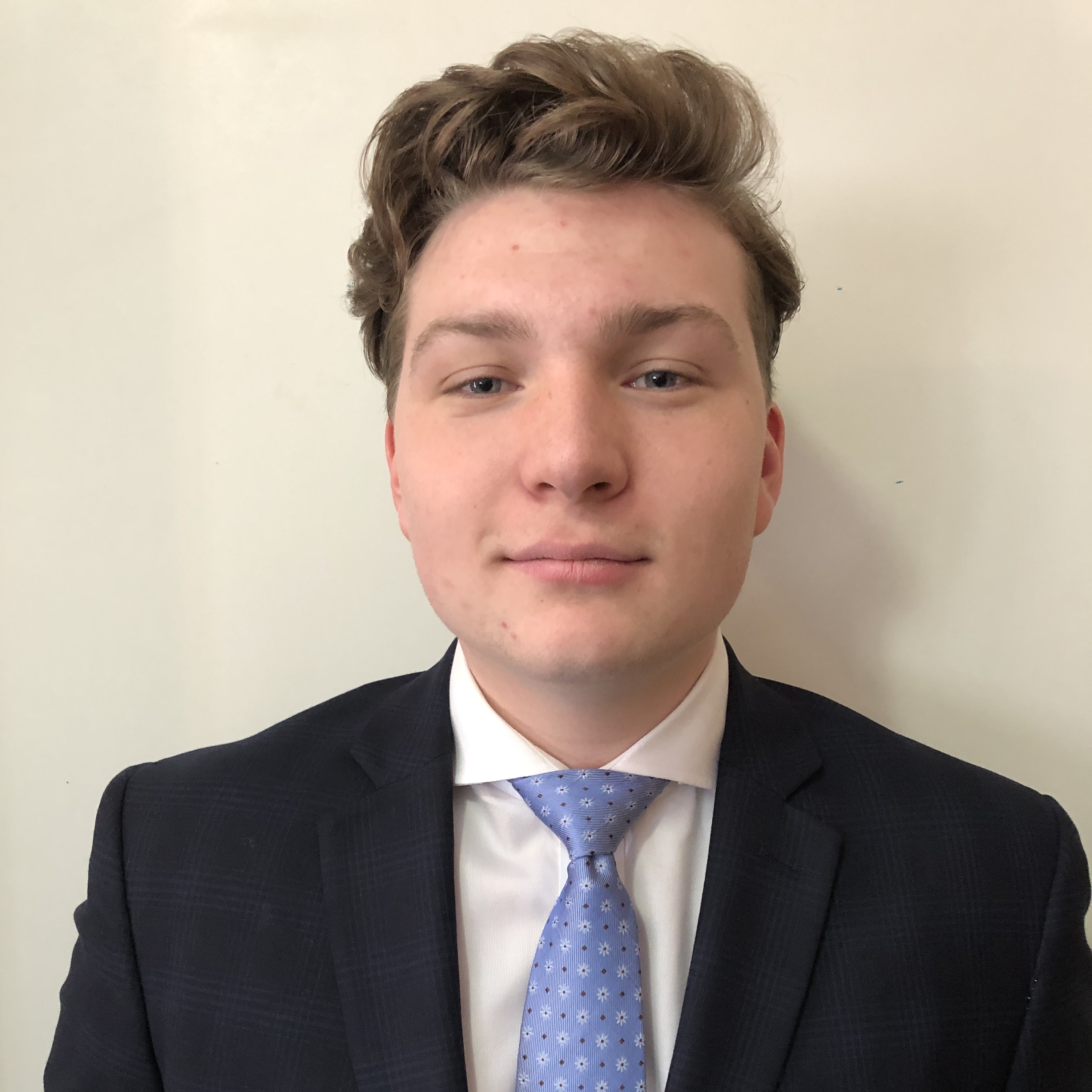
Matthew McGarrity (he/him) volunteered in Dr. Morton Ninomiya’s lab during the third and fourth year of his Health Science degree. Matthew was drawn to Dr. Morton Ninomiya’s research focuses because he is passionate about both understanding and working to eradicate the health inequities faced by Indigenous peoples. Matthew’s experiences with his research opportunities will help him maintain a holistic approach to social inequities and bring a social determinants of health mindset to the medical field. Matthew has learned about the complex issues that diverse populations are exposed to and how these inequities can manifest into physical, mental, and social health.

Emily Schneider (she/her), a student volunteer in her fifth year as an undergraduate health science student, is passionate about public health and preventative healthcare. Her interest in health equity began from learning about the social determinants of health and making a research poster on health disparities that Indigenous women face. Working with Dr. Morton Ninomiya has helped her develop skills in data analysis, critical thinking, research presentation design, and team collaboration. Volunteering with Dr. Morton Ninomiya will help her in graduate school as she has had the opportunity to experience research in a hands-on way.
Contact Us:
E:
Dr. Melody Morton Ninomiya, Associate Professor
T:
519.889.4446
Office Location: BA546
E:
Nicole Burns, Project Coordinator
Office Location: BA303F